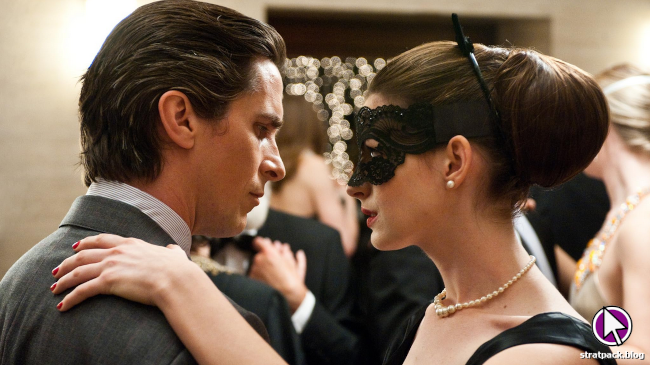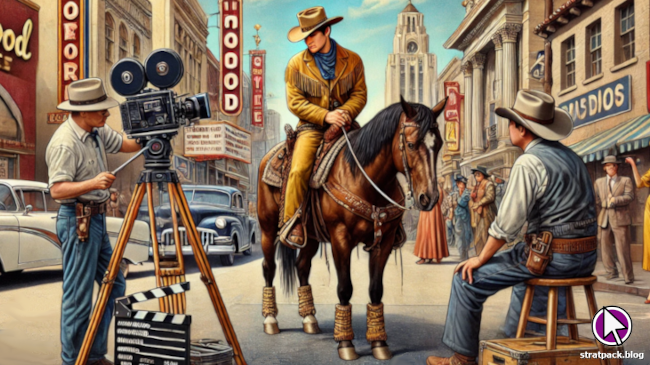
Lessons in management from Jose Mourinho
Apologies for the near two-month gap between articles. Some changes in my personal life required my attention, but things are more settled now and updates should come more regularly - albeit with a slightly different flavour than before, and more variety in the subject matter I’ll be covering.
The latest artefact to catch my attention is Patrick Barclay’s book Mourinho: Further Anatomy of a Winner. As a Chelsea fan, Jose holds a special place in my heart despite his subsequent spells at Manchester United and Spurs, and his special relationship with his players and media mind games have always made him an interesting figure beyond mere club allegiance.
The book has only been updated as far as Chelsea’s 2015 Premier League title success, so there’s no coverage of Mourinho’s recent, more turbulent managerial stints, but it still provided some fascinating insights from the perspectives of both the press and the people who knew him best.
Man management
Recruitment is a key part of football - especially for a manager at Chelsea or Real Madrid - but something that shone through clearly is Mourinho’s attention to individuals’ progression. Take this account from Joe Cole, who faced a tough start at Chelsea, but later showed dramatic improvement:
“His criticism is always constructive - he’ll always sit me down and talk about my game and what he wants me to do.”
Mourinho was always on the lookout for those who wanted to learn, and was a firm believer that players are most likely to reach their potential when they are open to advice, rather than just relying on their natural ability.
A supportive presence
Mourinho was often described as a kind of “big brother” to his players, capable of being stern when needed, but often behaving as though he was one of them, trading jokes and joining in with their wild celebrations.
But his impact went beyond the squad, and he had a reputation for being friendly with everybody he met, including stewards and ball boys - even when playing away at opponents’ stadiums. When he initially parted ways with Chelsea in 2007, many around the club were reportedly distraught.
In fact, even the less savoury side of Mourinho’s character - the wild accusations made against opponents and officials, for example - appears to stem from a desire to take one for the team. These moments would usually occur after poor performances, and meant that the headlines would often be about his remarks rather than what happened on the pitch.
Forward as one
In a similar vein, Mourinho always strove for an inclusive dressing room. He wanted all his players to love and trust each other, reportedly even going as far as to mandate that the entire squad should eat together at the same table to preserve unity and prevent the formation of cliques within the club.
Mourinho always wanted to ensure that his team was performing as a collective - not relying on a few talented individuals - and the attention he paid to the entire squad meant that, somewhat unsually, even fringe players who struggled for first team minutes often spoke highly of him.
Such was his focus on team spirit, in fact, that Mourinho reportedly didn’t even give the final team talk before most matches. Instead, he would give his directions earlier in the day, and a different player would be responsible for giving the last, rousing pre-game speech each week.
Inspiring confidence
But that’s not to say that Mourinho himself couldn’t motivate his men. One figure interviewed (unfortunately I didn’t note who) said that a good coach “must make his men feel big, not small”, and that’s precisely what he did. Here’s John Terry, for example, on Chelsea’s culture during the seasons between 2004 and 2006 when they won back-to-back titles:
“When you’ve got a manager drumming it into you every day that you are the best… it rubs off on the players and we go out there believing it.”
Chelsea didn’t come from nowhere when Roman Abramovich arrived, but those seasons were the start of a period of domestic dominance. Mourinho’s approach here reminds me of the old saying, “Dress for the job you want, not the job you have” - only here he was mentally dressing his players for success. And given his track record, you can only say that it worked.

















